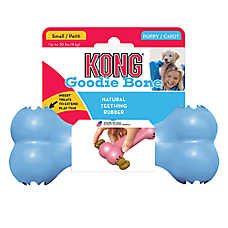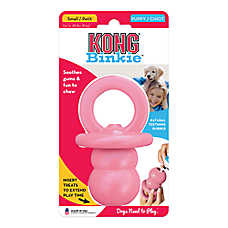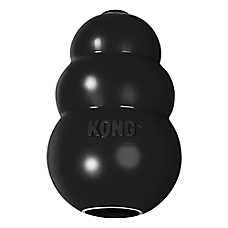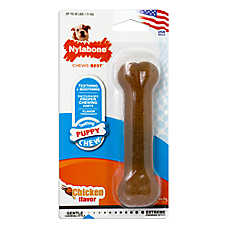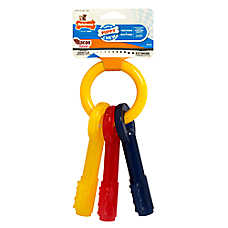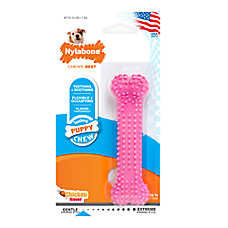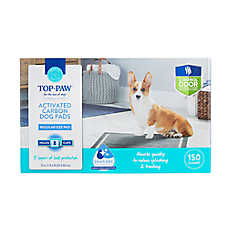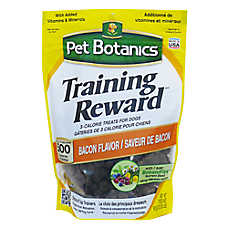Unleashing the Secrets of Puppy Behavior
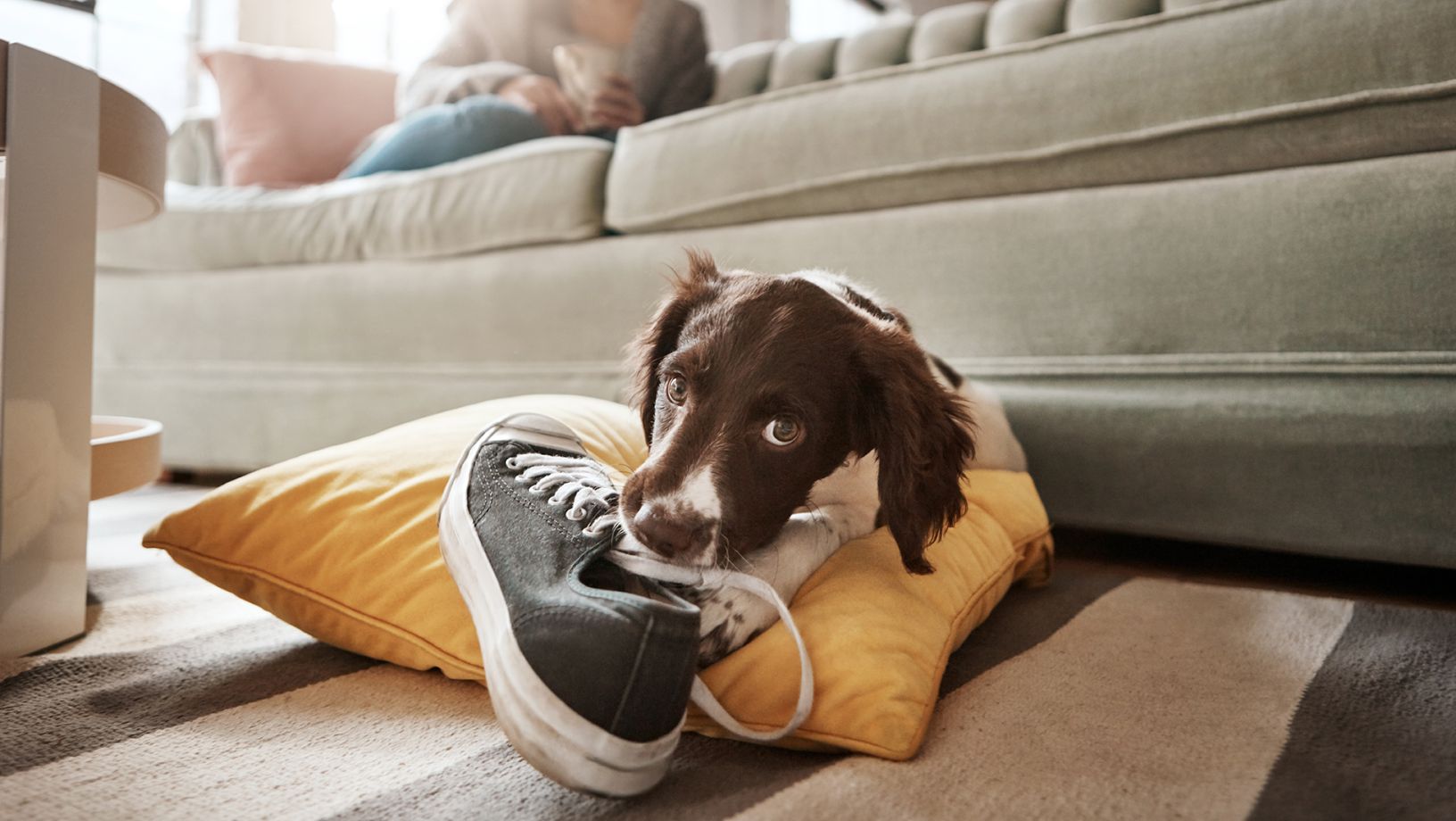
In this Article
Raising a puppy is a lot like raising a kid – they’re easily distracted, but born to learn.
If you’re wondering how to raise a puppy, we can help.
Your puppy, exploring the world
When a pup is first born, their life is all about a warm and furry mom. But puppies grow up fast. By the time your puppy is three months old, think of them as a teenager versus a toddler. Welcome to the juvenile phase, when their instincts are focused on the big wide world — seeing the sights and smelling the smells!
As your pup’s ability to interact with the world increases, their curiosity does, too. This is the time to lay down some limits, an important part of training. Don't be too surprised if your pup struggles with commands during this phase. “Sit” and “stay” are easier to follow when you, the human parent, are the only show in town. When you’re out on the town--competing with the whiff of a passing hot dog vendor or the bark of a friend in a nearby dog run--expect to be upstaged. This is when consistency from you really counts.
At PetSmart, we’re experts in puppy behavior. We offer training courses for puppies as young as ten weeks old to help guide you through the puppy-raising journey. As your doggy becomes more familiar with a world full of fun, he'll figure out how to balance newfound independence with good listening skills.
Between four and ten months old, a male puppy's testosterone levels can be as much as five times that of an adult dog. This flood of hormones is an important step in growing up, but expect boundaries to be pushed and limits to be tested. This is a great age to begin positive reinforcement training.
Another effect of all those hormones on your growing pooch can be a phase of fearfulness. This is more common in larger breeds and tends to correspond with growth spurts. You may find your normally heroic sidekick a little on the anxious side or more protective around food, favorite toys, or territory. This is normal and may last up to a month.
During the juvenile period, your pup soaks up information. The more you play, the more your pup learns. During this educational phase, stay away from games that encourage any aggressive actions. If you are wrestling or playing tug of war, your dog may get the idea that snapping, jumping on guests or other naughty behavior are all in good fun. He doesn’t know better. You do. So, just play nice.
Download the out our new dog essentials shopping check-list to make sure you have everything you need to make your puppy’s new home perfect!
